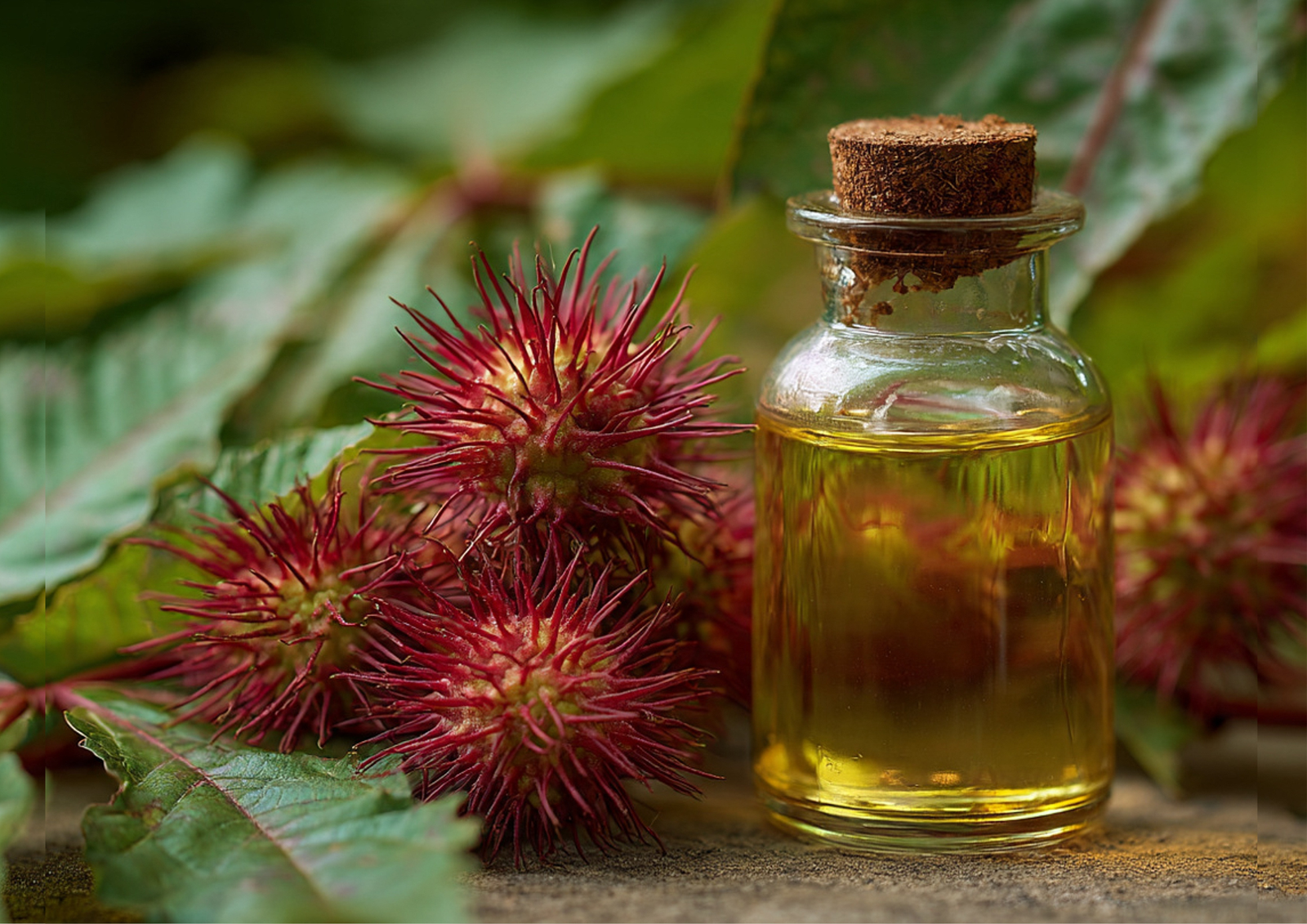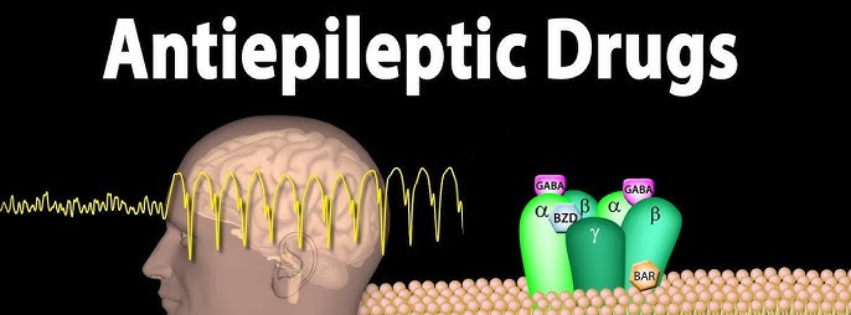
Hair Loss: Causes, Treatment, and Prevention Options
Most healthy somebody loses up to 100 strands of hair per day. As part of your hair’s growth process, new strands grow and take the position of the ones you free.
When you start to shed more additional strands — and more irregular or none grow around — the condition is thought alopecia (hair loss). There are several types of hair loss, and it can involve grown-ups of any gender and actual kids. You may lose hair only on your head or on your body as well.
Types of hair loss
Some sorts of hair loss are endless, while others are temporary. The most specific types of hair loss include:
- Androgenic alopecia: This type of genetic baldness can affect anyone (male pattern baldness or hair loss in females).
- Alopecia areata: Alopecia areata is an autoimmune disease that results in hair loss from the crown and body.
- Telogen effluvium: This type of hair loss affects the rapid shedding of hair in a brief quantity of period. It typically occurs a few months after your body goes through something physically or emotionally stressful. It can even result from sudden hormonal changes.
- Anagen effluvium: This very rapid hair loss happens due to specific medical therapies, such as chemotherapy.
Causes
Hair loss has multiple possible causes. The multiple standards include:
- Genetic hair loss from genetics (genes you inherit from your parents).
- Fungal diseases on the scalp.
- Hairstyles that extract the hair tightly (such as braids, hair extensions, or tight ponytails).
- Haircare that may cause harm due to processing (including perms and bleach).
- Hormonal changes (such as pregnancy, childbirth, or menopause).
- Medical therapy (such as chemotherapy and certain medications).
- Nutritional deficiencies (especially not getting enough iron or protein).
- Stressful possibilities (like having surgery or losing a loved one).
- Thyroid infection.
Symptoms
People experience hair loss in other ways, depending on the type of hair loss and what’s causing it. Typical symptoms include:
- Receding hairline (characteristic of male pattern baldness).
- Thinning hair all over the head (standard of female pattern hair loss).
- Loss of little patches of hair on the scalp.
- Loss of hair on the scalp and body.
What are the difficulties of hair loss?
Losing your hair — whether the hair loss is temporary or permanent — can be emotionally difficult for multiple people. Some types of hair loss can finally lead to baldness.
If you lose important hair, it’s necessary to cover your scalp. Wear a hat, scarf, or different head covering when you’re in the light, and use sunscreen every day. Sun exposure raises the chance of skin cancer.
Prevention
You can’t control all kinds of hair loss, but you can handle steps to help keep your hair healthy and minimize loss. To assist control hair loss:
- Consume a healthy diet that contains sufficient calories, protein, and iron.
- Find methods to manage stress.
- Manage thyroid conditions or different medical situations that could result in hair loss.
- Avoid hairstyles that pull hair tightly.
- During chemotherapy therapy, try a cooling cap.
10 Natural Hair Remedy Tips for Hair Growth
Depending on the reason for your hair loss, some methods may help you regrow hair naturally. These may contain scalp massages and use aloe vera or important oils like coconut and lemon oil.
1. Massage
Massaging the scalp with hair oils and masks enables the scalp and may enhance hair thickness. Stretching during the massage could stimulate hair growth and thickness in the dermal papilla cells, which are found at the bottom of the hair follicle. These cells play a key role in the regeneration and development cycle of hair.
2. Aloe vera
Aloe vera may assist treat hair loss. Some anecdotal evidence indicates that aloe vera may benefit by:
- helping your scalp
- conditioning your hair
- reducing dandruff
- unblocking hair follicles
3. Coconut oil
Coconut oil includes fatty acids, called lauric acid, that penetrate inside the hair shaft and decrease protein loss from hair.Coconut oil can be utilized before or behind you wash your hair, depending on your hair type. If your hair grows to be oily, you can do a leave-in therapy overnight or for a few hours before you clean it.
4. Viviscal
Viviscal is a natural hair growth supplement that may stimulate hair development in people with thinning hair.
It includes a mineral-rich blend of:
- shark and mollusk powder
- organic silica
- vitamin C (derived from acerola cherry)
- biotin
- zinc
5. Fish oil
Fish oil supplements are loaded with nutrients, such as proteins and omega fatty acids. Assuming an omega supplement, along with antioxidants, assisted improve hair density, diameter, and hair loss.Omega-3 fatty acids may also assist decrease rash and boost immunity. These could assist increase your hair growth cycle Source and improve your overall health.
6. Ginseng
Taking ginseng supplements may help boost hair growth by encouraging hair strands. Ginsenosides are the functional parts of ginseng and are believed to be reliable for ginseng’s positive impact on hair.
7. Onion juice
If you can take the smell of onion juice, you may see that the advantages are worth it. That onion juice may stimulate hair growth and treat patchy alopecia areata. This is an autoimmune disease in which the body attacks the hair follicles, generating hair loss in different body parts. Onion juice is even thought to improve circulation.
8. Rosemary oil
Rosemary oil may assist in promoting new hair growth and controlling hair loss. That rosemary oil may be as useful as minoxidil for treating androgenetic alopecia. Combine a few drops of rosemary oil into a carrier oil, like argan or jojoba oil, and massage it into your hair and scalp before flushing. You can do this a few moments per week.
9. Geranium oil
Geranium, or Pelargonium graveolens, is a fragrant plant that was born in South Africa. Geranium oil is the focused oil removed from its leaves. That geranium oil developed hair growth and increased circulation in mice. Combine three drops of geranium important oil with eight drops of transport oil. Use it directly to your hair. You can even add a few drops to your shampoo and conditioner.
10. Lemon oil
Lemon oil may help support a healthy scalp and promote hair growth. sinapic acid, a bioactive chemical in lemons, may assist in stimulating hair growth. Use fresh lemon juice on your scalp and hair 15 minutes before you shampoo. You can even use lemon essential oil cut in a carrier oil as part of a hair mask.
Conclusion
Hair loss for any reason can be emotionally difficult. Speak to your healthcare provider regarding what may be causing your hair loss. In multiple issues, effective therapies exist that can slow hair loss and help spur new hair growth. And multiple people find ways to thrive and feel great, no issue how much — or how little — hair they have.
If you want 100% Ayurvedic Products Click here.





